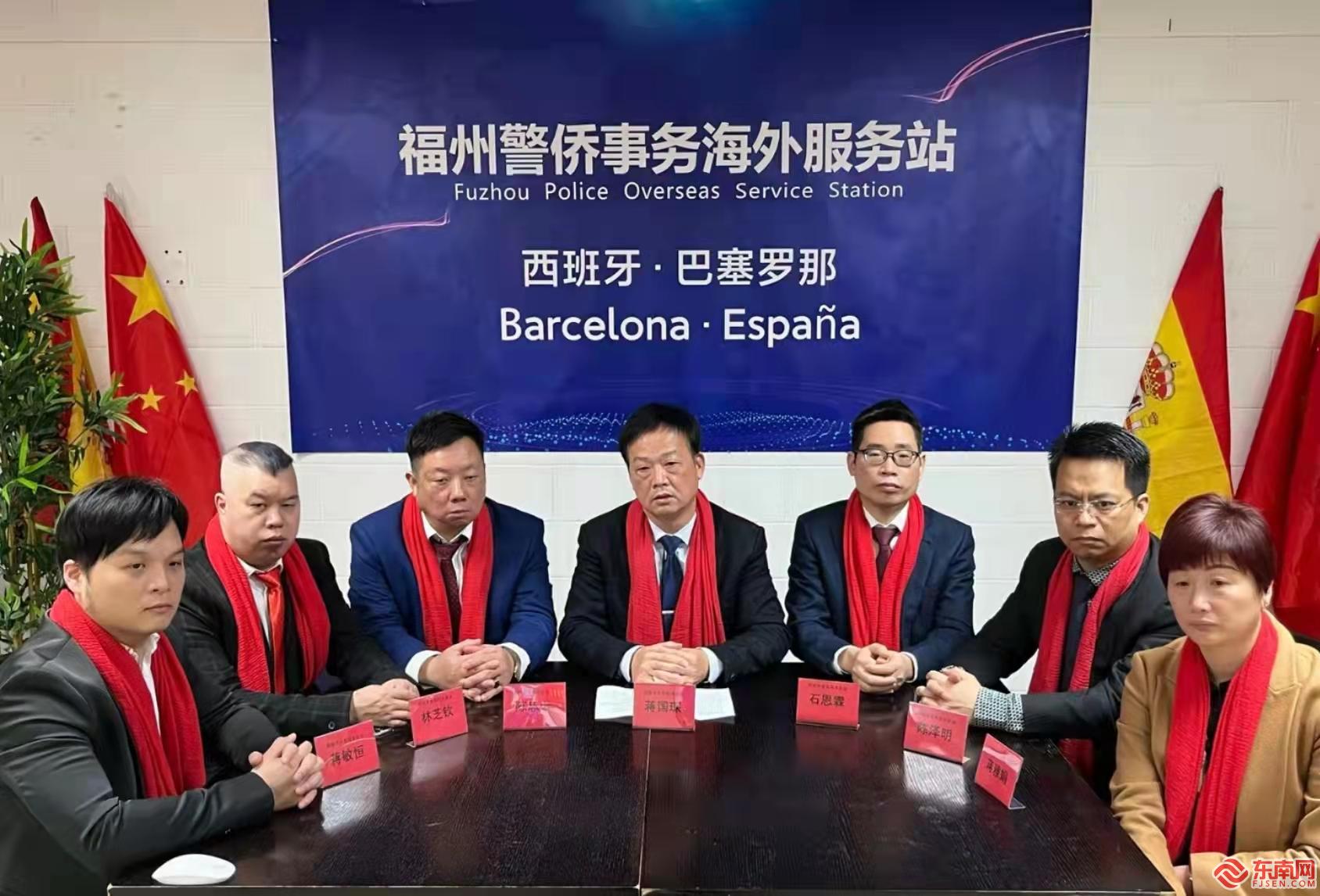
A recently published report by human rights watchdog NGO Safeguard Defenders accuses China of having established at least 54 overseas police stations in 30 countries. China claims the so-called service stations, dubbed ‘110 Overseas’ (after the national police emergency phone number), offer handling of domestic services, such as the renewal of driving licenses or business visas, to Chinese citizens living abroad. But critics are worried that these stations also serve the pursuit of fraud suspects abroad, and may lead to the development of parallel policing mechanisms in host countries.
Suspicions have been leveraged that center around the parallel development of China’s ‘Involuntary Return operations’ (IR), which handle, among other things, the growing issue of fraud and telecommunication fraud by Chinese nationals living abroad. A key strategy employed by China to deal with these matters is the so-called ‘persuade to return’ model, in which fraud suspects, once identified, are pressured to return to China to face trials. This may happen either by contacting the suspects directly, or by approaching the target’s families and using intimidation tactics, or ‘guilt by association,’ to get the family members to convince the suspect to return to China. According to the report of Safeguard Defenders, the threats leveraged against a suspect’s family may include the denial of school education to children or the non-eligibility for certain jobs for family members.
China claims that 230,000 fraud suspects were ‘persuaded to return’ by using these methods in the fifteen months between April 2021 and July 2022. According to the NGO report, the overseas service stations played an important part in these operations by helping Chinese authorities track down suspects. But such efforts, by “eschewing official bilateral police and judicial cooperation,” constitute a “violation of the international rule of law, as well as a violation of the territorial integrity of third countries,” the report claims.
Hard proof of such mingling is, however, hard to come by. The report cites two stories in which the service stations played a role in persuading suspects to return home. In the first account, a Chinese businessman in Mozambique reported via ‘110 Overseas’ that his employee had stolen large amounts of money and returned to China. Upon being confronted by the Chinese police back home, the suspect mentioned another accomplice who was still in Mozambique. Chinese police then went on to pressure the accomplice’s family and thus managed to ‘persuade him to return.’ In the other instance quoted in detail, a man “deceived into engaging in illegal online gambling abroad” had called the ‘110 Overseas’ number to ask for help from the Chinese authorities to return home after “managing to escape his captors.” The authorities then carried out “systematic verification, visit, and investigation” to ensure the suspect could “return to China smoothly and surrender.”
The overseas service stations are coordinated by police departments in 10 different regions of China. These police departments lend their names to the respective overseas stations—such as the ‘Fuzhou Police Overseas Service Station’ in Prato, Italy—which does little to alleviate claims that there isn’t any actual policing going on in these service stations. Still, local officials, like the police and mayor of Prato, have so far dismissed any allegations that these ‘overseas service stations’ are engaged in activities beyond dealing with administrative practices.
While it remains difficult for the time being to delineate the extent of overseas policing by the service stations in question—many of which are apparently located in cultural centers, Chinese restaurants, or supermarkets, and are run entirely by civilians—they may pose the foundation for extending the reach of the long arm of the Chinese police even further in the future. Already in 2015, an agreement between Chinese and Italian police forces led to Chinese police officers co-patrolling the streets of Italian cities frequented by Italian tourists from 2018 until the suspension of the practice in 2020 due to pandemic restrictions.
The report stresses also the role of the service centers in spreading Chinese government propaganda and concludes with a call to “countries governed by the standards set by universal human rights and the rule of law” to urgently “investigate these practices to identify the (local) actors at work, mitigate the risks, and effectively protect the growing number of those targeted.”
